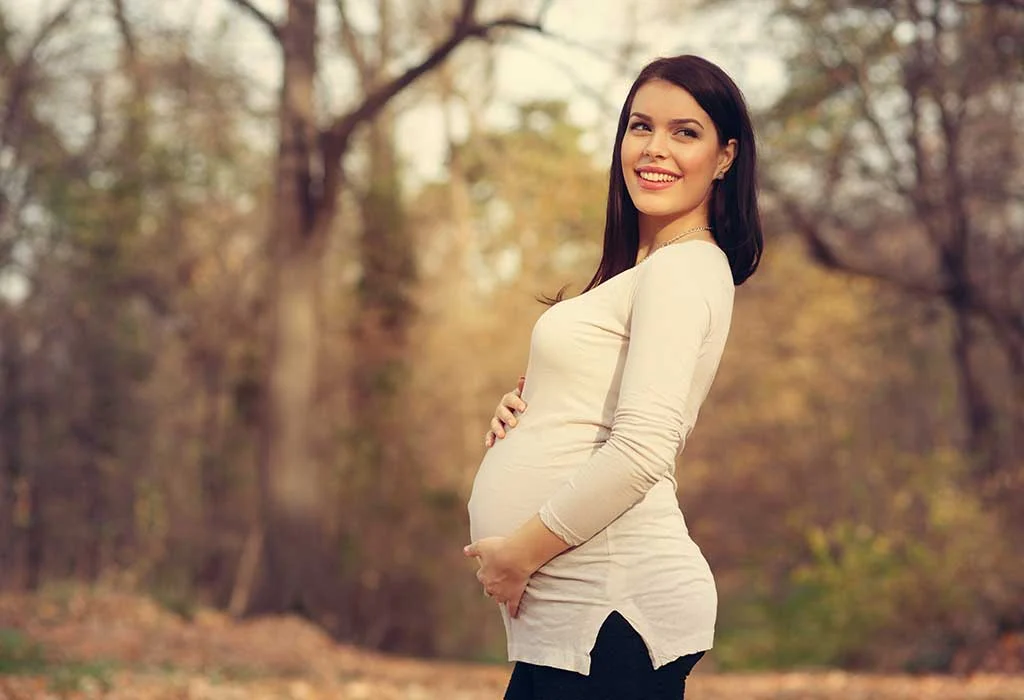As soon as a woman’s baby bump starts to show, it seems like everyone around her suddenly has an opinion, a question, or a well-meaning piece of advice. From comments like, “Make sure to get your sleep now, because once the baby arrives, you’ll never rest again,” to inquiries about the baby’s gender and remarks on the size of her belly, a pregnant woman hears it all. While some of these questions might be harmless, others can be incredibly upsetting.
I used to be one of those people who would casually engage in these conversations, unaware of how intrusive they could be. That all changed during my second pregnancy. At 20 weeks, I found out that my baby girl was unlikely to survive due to a severe heart defect. It felt like an eternity as I waited to see if she would make it to birth, knowing that even if she did, the outlook was grim.
During those 12 weeks, my close friends and family were supportive and sensitive to my situation. However, my growing bump didn’t come with a warning sign about the heart-wrenching reality I was facing. I still encountered strangers who enthusiastically asked, “You must be so excited!” In truth, “excited” was the last word I would have used. I felt “heartbroken,” “terrified,” and “overwhelmed,” but those emotions were difficult to convey in casual conversations.
At a toddler group, a fellow expectant mother would ask, “Have you set up the nursery? What stroller did you choose?” Meanwhile, well-meaning strangers commented on my size, assuming I was just another eager mom-to-be. My belly was larger than usual due to complications with amniotic fluid, but they had no idea of my reality.
I faced a choice: share my painful truth or pretend everything was fine. I only shared my story once, and it resulted in an awkward silence that neither of us wanted. So, I chose to say what others wanted to hear. Lying felt awful, but it was a temporary shield against the reactions that came from revealing my heartbreak.
After I lost my daughter, my body took a long time to heal. I found myself still looking pregnant months later, which led to more awkward questions when I was out with my toddler. People naturally assumed I was expecting again. I tried a few honest responses like, “I’m not pregnant,” but that just led to embarrassment all around.
Eventually, I returned to my previous tactic of pretending. It felt unjust that I had to mask my grief and pretend to be the excited mother-to-be when I just wanted to discuss my daughter Grace with those close to me. After a while, I couldn’t handle the constant inquiries, so I opted to stay home and focus on getting back to my pre-pregnancy self.
Every bump has its own story, and you never know what someone might be going through. I learned that assumptions can be hurtful, especially when it comes to something as intimate as pregnancy. I never felt anger toward those strangers; it’s socially acceptable to discuss pregnancies, but perhaps we should rethink this approach. Just as I wouldn’t ask a couple why they don’t have kids, I now avoid commenting on someone’s pregnancy unless they bring it up first.
So, if you see me at a coffee shop or playgroup and I don’t mention your beautiful bump, it’s not because I’m uninterested; I’m just being mindful that you might not be feeling joyful or excited. You probably don’t want unsolicited parenting advice or comments about your belly size either. Unless you decide to share your pregnancy journey, I’ll keep my distance, respecting your space.
If you’re looking for more insights on parenting topics, check out this excellent resource about pregnancy and home insemination. And if you’re interested in artificial insemination, make sure to visit this authority on the subject: Artificial Insemination.
In summary, my experience taught me to be more considerate and aware of the impact of my words. I hope others can learn to do the same.
